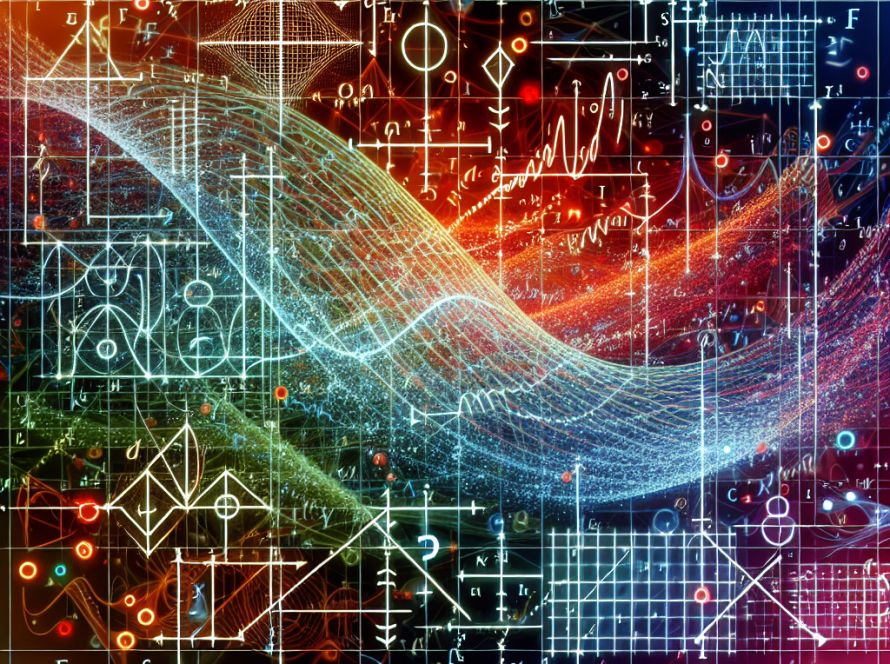Machine learning models are increasingly being used in critical applications, leading to concerns about their vulnerability to manipulation and exploitation. Once trained on a dataset, these models can retain information permanently, making them susceptible to privacy breaches, adversarial attacks, and unintended biases. There is a pressing need for techniques allowing these models to ‘unlearn’ specific data subsets, reducing the risk of unauthorized access or exploitation. Machine unlearning, a system developed to address this issue, allows for the modification of pre-trained models to forget certain information.
Initially, machine learning strategies focused on shallow models such as linear regression and random forests, removing unwanted data while maintaining overall performance. Current research has expanded this to deep neural networks, with approaches focusing on forgetting entire classes while preserving performance (class-wise) and those targeting individual data points (instance-wise). However, previous approaches aiming to guide models towards removing unwanted data without retraining have been ineffective against data leakage due to the capabilities of deep networks.
Researchers from LG, NYU, Seoul National University, and University of Illinois Chicago recently published a new approach designed to overcome limitations of previous methods, focusing on instance-wise unlearning and minimizing information leakage. Their system operates solely with access to the pre-trained model and the datasets intended for unlearning.
The framework utilizes adversarial examples and measures of weight’s importance for regularization. Adversarial examples help retain class-specific knowledge and decision boundaries, with weight importance preventing forgetting by prioritizing crucial parameters. These dual tactics improve performance, particularly in continual unlearning scenarios, providing an efficient solution with limited access requirements.
The team tested their unlearning technique using multiple datasets, comparing it to various baseline methods. The instance-wise unlearning method, which uses adversarial examples and weight importance for regularization, outperformed other techniques in preserving accuracy of the remaining data and test data across different scenarios, as well as in continual unlearning and correcting natural adversarial examples. Qualitative analysis demonstrated the new method’s robustness and effectiveness in preserving decision boundaries and avoiding misclassification patterns. These findings highlight the security and efficacy of this new unlearning method, presenting a promising solution for enhancing the resilience of machine learning models.
Original research Paper can be found here. Further updates regarding this area of study can be found on their Twitter, Telegram Channel, Discord Channel, and LinkedIn Group. Those interested in their work can also join their subreddit community with over 41k members, and subscribe to their newsletter.


